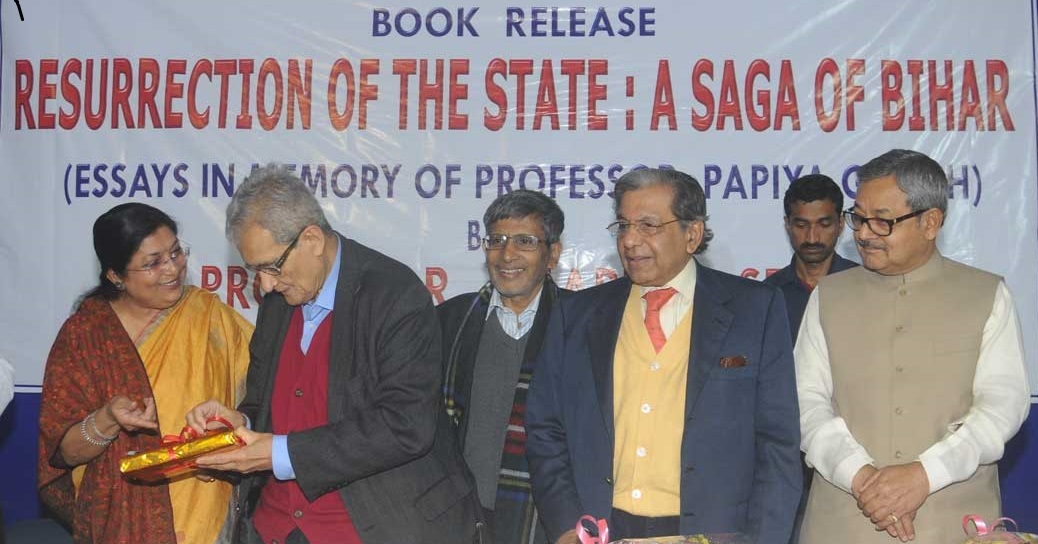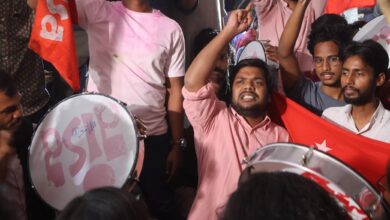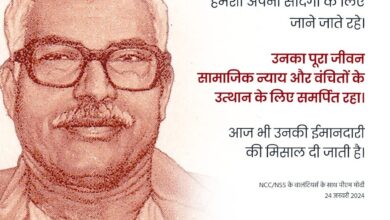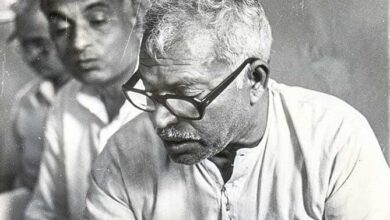Tribute to Shaibal Gupta: The man who tried to unravel the enigma of Bihar

By N K Singh
No one came closer to unravelling the enigma that Bihar is than Shaibal Gupta, the noted social scientist and economist who passed away on Thursday. I had known him for a long time, when he was just completing his PhD in economics in the early Eighties and, thereafter, as a faculty of the A N Sinha Institute of Social Studies in Patna.
People often ask, in a lighter vein: How is it that Biharis prosper outside Bihar while the state continues to languish? Embedded in this query, of course, are the contradictions between the fabled glory of ancient Bihar and a state which today has the lowest per capita income in the country and a poor record on multiple development parameters. Shaibal tried to unravel this enigma.
In doing so, he was trying to understand the state with the most untapped growth potential in the country — rich in water, human resources, agricultural possibilities and several prospects of diversifying its economy. Shaibal’s writings sought to enlighten us better on what may be loosely called “the roots of Bihar’s backwardness”. They highlighted the imperative of reversing discriminatory decisions of the past and the need for the Centre to play a more active role in enhancing and supporting larger public outlays.

Shaibal Gupta had many firsts to his credit.
First and foremost, was his contribution as an institution builder. This was in a state where credible institution making had remained frozen in time. He was among the first to realise that Bihar needed an academic institution of high quality. As the founder and member-secretary of the Asian Development Research Institution (ADRI) in Patna, he sought to bridge this gap. He was the first to undertake this initiative to create what has come to be regarded as Bihar’s only credible and serious research organisation.
Second, his ability to extend the reach of Bihar-centric institutions to global centres of excellence. I worked actively with him in forging a credible relationship with the London School of Economics (LSE). Shaibal’s active engagement with Robin Burgess, the co-director of the International Growth Centre (IGC) at LSE, led him to establish the IGC’s footprint in Bihar. This was entirely his contribution. Providing institutions with international outreach is what lends them continued relevance and provides long-term credibility to state-centric research organisations.
Third, his advocacy. He was among the first to seek and articulate a coherent economic policy for according a Special Category Status (SCS) to Bihar. He realised that ending Bihar’s endemic state of neglect required proactive central intervention and support. He became a zealous advocate of SCS to Bihar much before the dialogue changed from an economic issue to an elusive political quest. Following these efforts, the Centre constituted a high-level committee for evolving a Composite Development Index for the states headed by then RBI governor, Raghuram Rajan. Shaibal was an active member of this committee, which came to the conclusion that while Bihar was at the bottom with respect to multiple development indicators, it could not be accorded SCS status. He took the audacious step of submitting a note of dissent, setting out why the committee’s recommendations fell short in terms of logic and economic rationale. This note is an integral part of the committee’s recommendations.
Fourth, Shaibal played a key role in enabling Bihar’s first annual economic survey. As deputy chairman of the Bihar State Planning Board, I endeavoured to revive the state’s planning and research institutions. As director of the Centre for Economic Policy and Public Finance (CEPPF), set up with the support of the Bihar government, he played a key role in ensuring the publication of this annual survey. This has facilitated greater understanding of the evolving economic dynamics of the state and its performance on multiple development parameters.
Finally, I recall with fondness and nostalgia my decades of close association with Shaibal. He was always passionate about the causes he worked on. He demonstrated this in every forum whether in Patna, Delhi, London or the United States. He was consumed by a passion for Bihar and sought to unravel and address the enigma of Bihar.
(N K Singh is chairman, 15th Finance Commission. This article was first published in The Indian Express)




